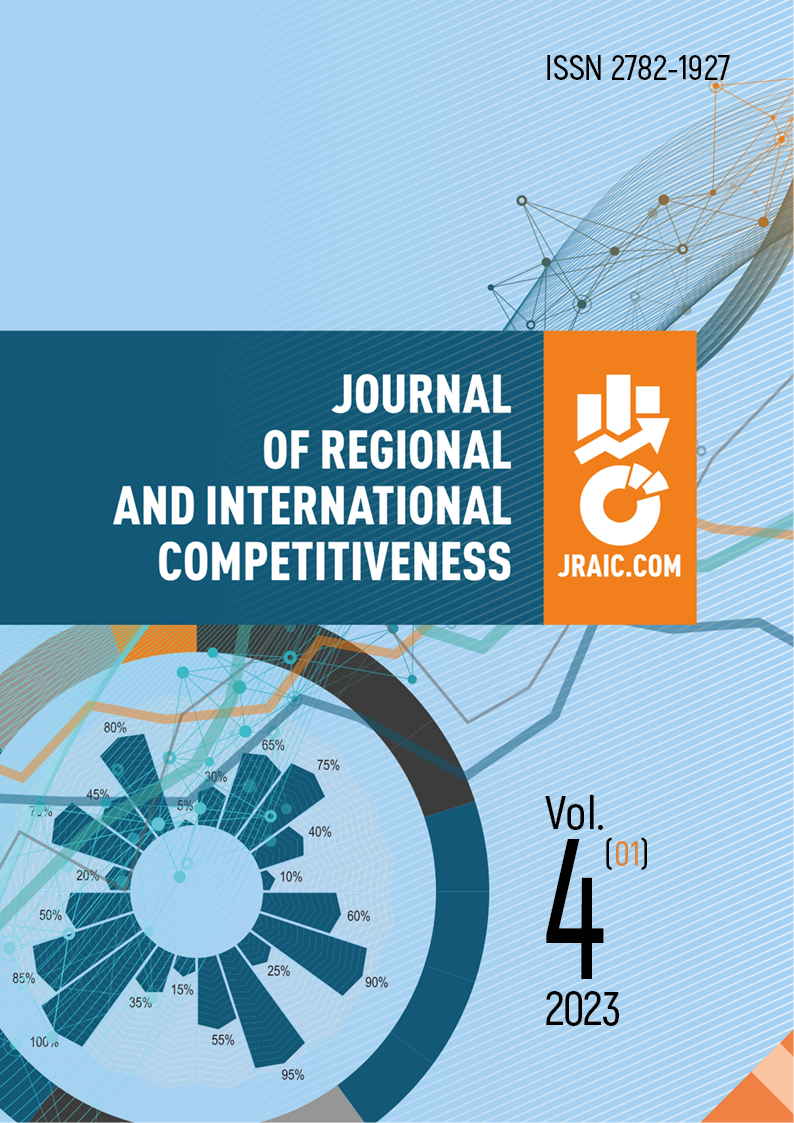Yaroslavl, Yaroslavl, Russian Federation
Nowadays, domestic researchers use the concepts of «project», «project management», and «project activity» without the strong scientific rationale. The commercial organizations activity provides the importance of studying the scientific essence and content of projects and project management in modern market conditions. Indeed, there are requirements of their competitiveness necessary level. At the same time, the concept of a project requires to consider its scientific essence. The various papers and Internet contain a lot of controversial definitions of the project, project management, and project activity concepts. As a result, there is an issue of scientific rationale of the project, project activities and project management in terms of the activities of commercial organizations. Based on the analysis of the investigated problem to identify the essence of the concepts of projects in the activities of commercial organizations and project management, the following conclusions are made: currently, researchers actively use the concept of the project in relation to the activities of commercial organizations in market conditions, while a clear scientific understanding of the essence of the project they are not given; an important characteristic of the project as a product will be a certain uniqueness for the consumer; work on the implementation of the project in a commercial organization becomes a kind of professional activity and can be designated as a project activity, that is, work on the project; limited time to implement the project - this is not a characteristic of the project, but a prerequisite for the implementation of the project in a commercial organization, as a «delay» in improving its products or creating new products can cause the loss of the market and, consequently, the existing level of competitiveness of the commercial organization; limited resources to implement the project - this is also not a characteristic of the project, but the second prerequisite for the implementation of the project in a commercial organization, as to improve its products or create new products can cause a loss of market and, consequently, the existing level of competitiveness of the commercial organization; the product of the project activities can not be managed, as from the position of the theory of management of organizations the object of management are the employees of the organization, as a consequence of this you can not manage the product of the project activities, not the activity itself, but you can manage the employees involved in the project activities.
COMMERCIAL ORGANIZATION, COMPETITIVENESS, PROJECT, PROJECT ACTIVITY, RESULT OF PROJECT ACTIVITY, PROJECT BOUNDARIES, NEW PRODUCT, PROJECT UNIQUENESS, LIMITED TIME, LIMITED RESOURCES, PROJECT MANAGEMENT
1. Boronina, L. N. (2015). Fundamentals of project management. Yekaterinburg: Izdatel’stvo Ural’skogo universiteta (in Russian).
2. Balashov, A. I., Rogova, E. M., Tikhonova, M. V., & Tkachenko, E.A. (2017). Project management. Moscow: Izdatel’stvo Yurajt (in Russian)
3. Kiselyov, A. A. (2023). Project management. Moscow: Direkt-Media (in Russian).
4. Dikiy, P. (2019). Project management. The right way for beginners. Moscow: Izdatel’skie resheniya (in Russian).
5. Leontiev, A. N. (1996). Psychology of the manager. Moscow: Izdatel’stvo “Nauka” (in Russian).
6. Farkhutdinov, I. (2019). Project management at the enterprise. Retrieved from https://upr.ru/article/ proektnoe-upravlenie-na-predpriyatii/ (accessed 10.03.2023) (in Russian).
7. Ozhegov, S. I. (2012). Explanatory dictionary of the Russian language: About 100,000 words, terms and phraseological expressions. 28th ed. Moscow: Mir i obraovanie, Onyx (in Russian).
8. Kiselyov, A. A. (2020). Fundamentals of strategic management and the essence of strategic planning in organizations. Moscow; Berlin: Direkt-Media (in Russian).
9. Popov, M. V. (2021). The use of composite materials in aircraft construction on the example of the MS-21. Molodoj uchenyj, (31), 22-23. Retrieved from https://moluch.ru/archive/373/83400/ (accessed 26.02.2023) (in Russian).
10. Kiselyov, A. A. (2021). Risk management. Moscow: KnoRus (in Russian).
11. Genisaretsky, O. I. (1975). Methodological organization of system activity. Moscow (in Russian).
12. Litvak, B. G. (2004). Development of a management solution. 5th ed. Moscow: Delo (in Russian).
13. Karpov, A. V. (2007). Psychology of management. Moscow: Gardariki (in Russian).
14. Kiselyov, A. A. (2014). Modern problems of management and management in Russian science and practice. Yaroslavl: Izdatel’stvo YGTU (in Russian).
15. Afanasyev, F. (2017). Project management in the DRIVE style. Izdatel’skie resheniya. Retrieved from https://mybook.ru/author/fedor-afanasev/upravlenie-proektami-vstile-drajv/read/ (accessed 10.02.2023) (in Russian).
16. Kiselyov, A. A. (2021). Managerial decision–making. Moscow: KnoRus (in Russian).
17. Vorotnikova, E. P., & Kulikova, V. V. (2016). Product quality improvement as a competitive factor. Ekonomika i menedzhment innovacionnyh tekhnologij, (12). Retrieved from https://ekonomika.snauka. ru/2016/12/13430 (accessed 16.01.2023) (in Russian).
18. Taranukha, Yu. V. (2017). Micro-competition: content and mechanism of action. Vestnik Sankt-Peterburgskogo universiteta. Ekonomika, 33(2), 188-213. Retrieved from http://vestnik.spbu.ru/html17/s05/ s05v2/01.pdf (accessed 14.02.2023) (in Russian).
19. Rubin, Yu. B., & Potapova, O. N. (2016). Competition in the economy. How to resist and counteract rivals and whether it is necessary to do it? Sovremennaya konkurenciya, 10(6). Retrieved from https://cyberleninka.ru/article/n/konkurentsiya-v-ekonomike-kak-protivostoyat-i-protivodeystvovat-sopernikam-i-nuzhno-li-eto-delat/viewer (accessed 11.02.2023) (in Russian).
20. Pavlyuk, A. A. (2019). Modern technologies of project team management. Retrieved from https://scienceforum.ru/2019/article/2018010114 (accessed 06.02.2023) (in Russian).




















